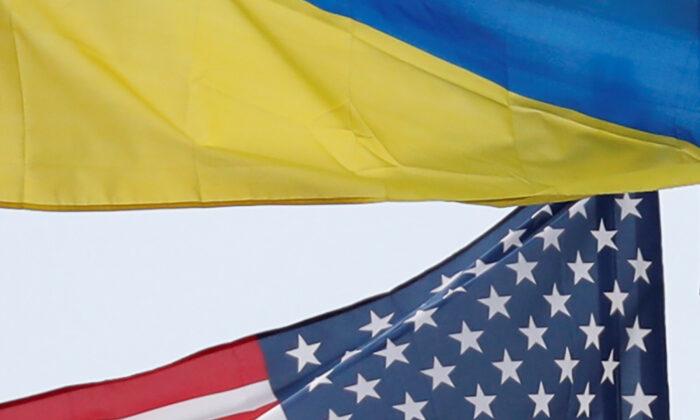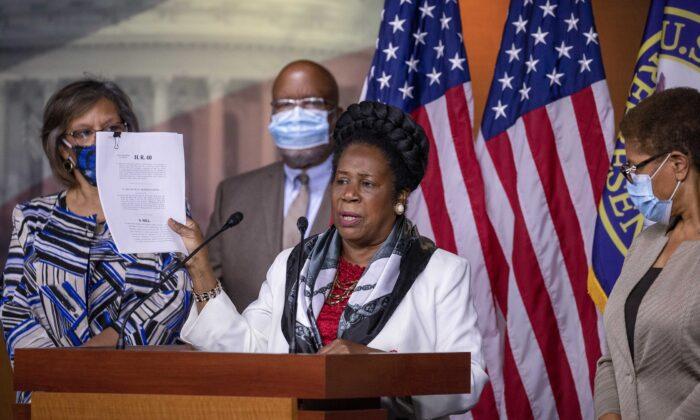During the call, Biden brought up the issue of India’s oil imports. New Delhi has continued to benefit from purchasing discounted Russian Brent crude due to Western energy sanctions.
Adversarial or not, the dialogue between Biden and Modi didn’t result in any tangible benefits for the U.S. position in the region. If anything, it further exemplified how the United States has developed its geopolitical strategy on the foundation of form over substance, righteous-sounding rhetoric over beneficial action.
As stated by Minister of External Affairs Subrahmanyam Jaishankar, “[India’s] total purchases for the month would be less than what Europe does in an afternoon.”
Given a basic geopolitical cost-benefit calculation, does Biden scolding an important ally in New Delhi over an insignificant amount of oil serve as a net benefit for the U.S. position?

Additionally, the implicit push to get India to condemn Russia also reflects poorly on Washington’s international standing in general. Even though U.S. sources report no official prompts from Biden to get Modi to explicitly denounce Moscow during the call, foreign media outlets have been quick to pounce on the implications of a faltering U.S. administration unable to rally support.
Readers will likely ask: why does it matter what the corrupt state propaganda slave of the CCP says? Because the tactless Biden administration has enabled this argument to be made in the first place.
Instead of haranguing countries to follow its (as of yet) unsuccessful bid to halt and punish Russia by hamstringing their own economies, Washington should have been conducting a realistic evaluation of the broader geopolitical implications of its international anti-Kremlin crusade.
The current situation with India—the second most populous country in the world and a heavyweight actor in the global community—perfectly exemplifies how the latter approach alienates essential allies. This weakens the U.S. position relative to China, especially in the broader Asian region.
Allowing the payment to proceed unimpeded will not undermine the U.S. relationship with India—quite the opposite. New Delhi has proven itself to be an astute geopolitical actor that values its own national security interests above moralizing over abstract principles.

This was demonstrated a day after the Biden-Modi meeting when Indian Defense Minister Rajnath Singh reaffirmed his government’s commitment to maintaining a geostrategic balance between Washington and Moscow.
When asked whether India would seek to diversify its defense acquisitions following Russia’s Ukraine operation, Singh responded with an ambiguous “wait and watch.” Clearly, New Delhi is prioritizing its own interests above unqualified loyalty to one foreign power instead of another.
Some may argue that allowing India to benefit from cheap Russian energy and to increase defense ties with Moscow is cynical. Still, the fact remains: China is a peer competitor with the economic and military resources to erode the U.S. international position.
Despite Russia being the most nuclear-armed nation on the planet—a fact that should urge restraint by foreign powers acting in Moscow’s immediate geographic proximity—the Kremlin simply does not possess the same strategic capabilities.
The United States does not have to condone Russian President Vladimir Putin’s military operation; however, scolding other countries for their inability to follow Washington’s punitive regime serves no geopolitical purpose.
The previously mentioned article from People’s Daily is a microcosm of how China seeks to exploit this type of flaw in the U.S. approach: the only countries that will abide by Washington’s strictures are traditional allies (Australia and Japan), but powerful developing countries (China and India) no longer have to fall in line with a hegemonic United States.
In tandem with the continued resistance of Ukrainian citizens, the U.S. economic sanction regime has, thus far, stopped Putin from swiftly achieving all of his objectives in Ukraine. Focusing on relatively minor third-party energy deals or demanding that every country repeat the U.S. talking points will do nothing to end the bloodshed sooner. Instead, the primary goal now is to support productive peace negotiations that conclude in a sustainable political agreement.
It remains to be seen whether the Biden administration can accomplish this without actively souring relations with essential allies and strengthening China’s relative position while they’re at it.





